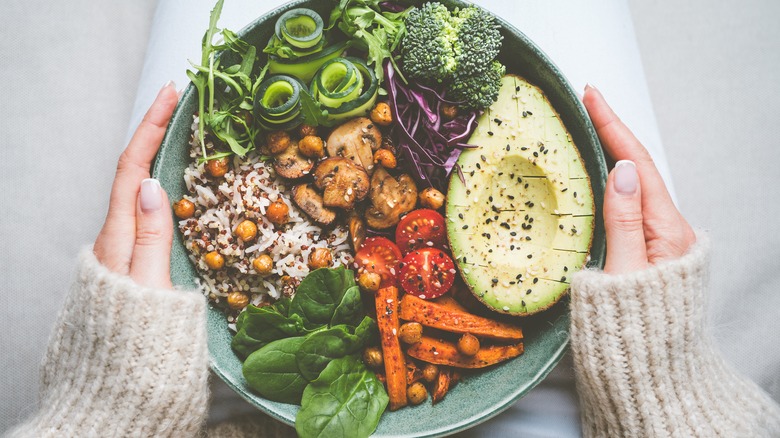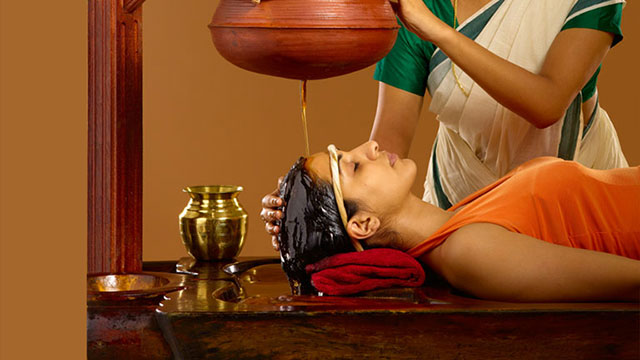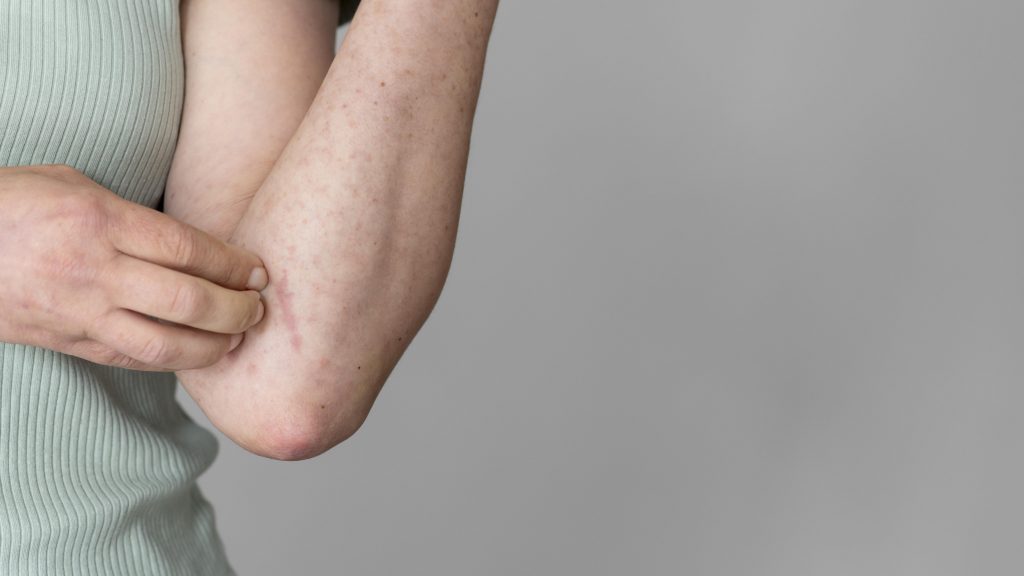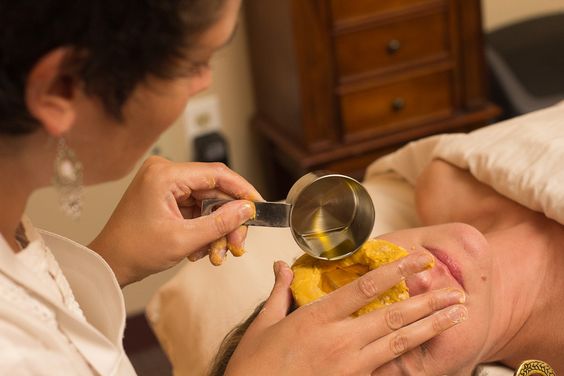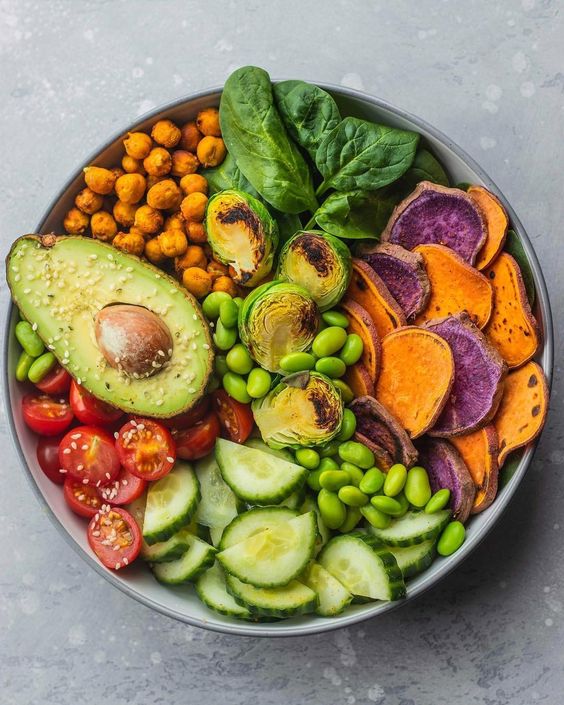This is the problem that affects millions of men all over the world. Generally, it is just painful to achieve and maintain an erection for satisfactory sexual performance. Moreover, it can bring about a division in stress, strained relationships, and low self-esteem. Of course, one of the most significant things in treating this very common yet often misunderstood condition is being aware of the causes, symptoms, and treatments of ED with the help of the Best Sexologist Doctor in Surat.
Physiological causes
Cardio-vascular diseases
The cardiovascular diseases that lead to erectile dysfunction primarily have to do with high blood pressure, atherosclerosis, and heart diseases. Blood pressure is often referred to as a silent killer that makes the blood vessels weak.
Since the penile arteries are very minute in comparison to the coronary vessels, far easier damage or blockage limits the essential blood flow to the penis for erection. Atherosclerosis restricts the flow of blood and in turn, blocks the blood flow to the penile area for an erection.
Diabetes
The main cause of ED is high blood sugar. The high blood sugar level damages the required blood vessels and nerves in the erection maintenance process. Two or three times more ED patients have diabetes as compared with the patients who do not have the disease.
Hormonal Imbalances
Sex has to have the normalcy and activity of the hormones in order for it to take place. Low testosterone, since it is the first male sex hormone, may lead to ED. Other hormonal abnormalities are also linked to either hyperthyroidism or hypothyroidism, and this will be related to erectile issues.
Neurological Disorders
It can also do so through the nerves that mediate erection, like neurologic diseases such as Parkinson’s disease and multiple sclerosis. Diseases of that nature do disrupt brain and penis activity by ruining the nerves and, in time, lead to erectile dysfunction.
Lifestyle Criteria
This could be due to the adoption of various unhealthy habits. Smoking damages blood vessels, and consequently, less blood will flow to the penis area. Too much alcohol causes CNS depression, which might also impact sexual function. Obesity presents as a risk factor for cardiovascular disease or diabetes, which are two major risk factors for ED.
Psychological Causes
Stress and Anxiety
Other important psychological causes of ED are stress and anxiety. When a man is going through stress because of his work, financial or any other personal problems, his brain will not be in the best possible state to send those signals which result in erection.
Depression
Loss of interest in sex is also one of the prominent symptoms of depression, but it can be an independent reason for ED too. At the same time, many medications taken for the treatment of depression are explicitly mentionED in the list of possible side effects.
Relationship Problems
Add to that the problems of bad communication, loss of intimacy, and unresolved conflicts that a relationship eventually catches up with the sexual performance. Such emotional divestment could translate into ED and further strain the relationship.
Performance Anxiety
Performance anxiety is exactly when a man is genuinely concerned about his performance in bed to the degree that such a concern influences his ability to get an erection. Afterwards, it can work around self-supporting. a cycle of anxiety and ED.
ED Symptoms
Almost all symptoms of ED may be attributed to one’s inability to have an erection, maintain it during a sexual event, and reduced sex drive. The symptom severity varies much and these may be episodic in nature or chronic.
Apart from this, it is responsible for causing distress, loss of esteem, and disturbed relationships. It can also manifest as a symptom of some other accompanying diseases like cardiovascular disease and diabetes.
Diagnosis of Erectile Dysfunction
Medical History and Physical Examination
Testing for ED diagnosis will be initiated only after a medical history has been taken and inclusive of a physical exam. It will involve visiting a health professional who seeks clues to what might be causing ED; this should include a discussion of sexual and medical history. The physical examination may reveal an underlying general health problem that may be triggering the ED.
Laboratory tests can provide some pointer toward the cause. Blood tests can inform us of diabetes and heart diseases by measuring the levels of testosterone in the blood. Urinalysis is done to pick up signs of diabetes or other conditions.
Other Diagnostic Tests
Other diagnostic tests include ultrasound to monitor blood flow to a penis and the psychological examination that may define whether there can be any psychological causes of ED. They help a doctor to know the exact cause of ED so that he prescribes proper, more concrete treatments.
Treatment of Erectile Dysfunction
Eat Correctly and Exercise Regularly
Dieting and exercise will go a long way in keeping the body in shape and reducing the likelihood of ED. A diet rich in fruits, vegetables, whole grains, and lean protein provides adequate nutrition to ensure the healthiness of the cardiovascular system and blood flow.
Kicking the Smoking Habit and Arresting Alcoholism
Excessive smoking and consumption of alcohol damage the erectile function. It is well-documented that smoking damages the blood vessels while excessive alcohol impairs the nervous system.
Weight Loss Reduction of weight by professional guidance may improve ED symptoms. Undoubtedly, obesity is associated with diabetes and cardiovascular diseases, risk factors for ED that would be enhanced through weight loss.
Oral Medication
Major prescription drugs for ED belong to a class of drugs known as PDE5 inhibitors, which include Viagra, Cialis, and Levitra. They work simply by enhancing the effect of normally produced substances that relax some muscles in the penis and increase blood flow to the area.
As quoted, some common side effects but not exclusively are headache, flushing, and nasal congestion.
Hormone Therapy
In others, hormone replacement may be necessary using small doses of testosterone. Interventions would thus be focused on the improvement of sexual function, mood, and the overall quality of life with Best Doctors for Male Sexual Problems in Surat.
Vacuum Erection Devices
Vacuum erectile devices draw blood into the penis and engorge it. A constriction ring is placed at the base of the penis to help the man maintain the erection. VEDs work well and, in most men, can be used on an as-needed basis.?
Penile Implants
Other forms of treatment in special cases include surgical options available to a few men with penile implants. Penile implants are available in two types inflatable and flexible rods. The inflatable ones are devices that contain fluid-filled tubes implanted in the penis, pumps implanted in the scrotum, and a reservoir implanted in the abdomen.
The flexible ones are bendable rods implanted into the penis. These options enable a man to have an erection under any circumstance, provided the erection is wanted at some point in time.
Vascular Surgery
Vascular surgery is indicated in those cases where blood flow dysfunction is the major culprit of ED. Thus, restoring blood flow to the penis to form an erection can be affected by arterial bypass with venous ligation.
Penile Implants
As has been said, penile implants are a surgical intervention for advanced ED. It is a procedure with an implanted device inside the penis to aid in getting erection. Recovery from it takes variable periods amongst different users; however, most men return to regular activities within some weeks.
Psychological Treatment for Psychic Causes
EDs develop a great application with respect to psychological counseling in stress, anxiety, depression, and even in case of relationship problems. For example, via CBT, abnormal thoughts and behaviors are changed. In couples therapy, relationship change is achieved by developing communication and re-establishment of closeness.
Herbal Remedies and Dietary Supplements
Some herbal supplements have been tried by men with ED. Some of the more common ones are ginseng, L-arginine, and yohimbine. While there have been some promising reports on these supplements, there is not much in the way of evidence of effectiveness and/or safety. People should discuss these supplements with their health-care provider before using them with an Ayurvedic Sexologist in Surat.
Acupuncture
This is an aspect of traditional Chinese medicine in which very fine needles are literally stuck into the body at very specific points. A few studies recommend that it may work by increasing the flow of blood and reducing stress in ED. More studies are required.
Meditation and Yoga
It’s OK to get strung out once in a while or anxious, but excessive chronic stress and anxiety will, in the long run, end up in ED. On the other hand, meditation and yoga reduce stress and anxiety; they generally improve mental health, and that can enhance libido.
Maintain a Healthy Weight and Stay Active
Maintaining a good weight and becoming more physically active reduces the risk of ED, which also improves your heart and lowers your stress, quite simply being good for your overall health.
No Smoking and Not Drinking Too Much
It further inculcates that avoiding smoking and having a restricted intake of alcohol goes a long way to reducing the risks of developing ED. It damages blood vessels just like excessive alcohol intake, and both impair sexual function.
Among them are chronic health conditions. Due to early monitoring and management of chronic health conditions, it is most likely that one of the causes of ED is because of diabetes and heart diseases. With early diagnosis and management, prevention of one complication would take place and lead to the enhancement in sexual health.
Cardiological Checkups
Moreover, one has to consider, in terms of cardiovascular health, the regularities of screening tests for blood pressure and cholesterol levels, among many others. A man should be able to or willing to learn what the risk factors are that surround ED. Good cardiovascular health has been discussed as a part of the requirement characteristics in proper sexual functioning .
Good Communication
This ensures that one’s sexual health is not lived in secrecy but openly shared with a partner or health professional and therefore enjoys any form of management that might be sought to ensure that ED is prevented. Doubtless, this brings about effective treatment and proper quality of life if the fears are shared and help is sought earlier in life with the help of Best Sexologist Doctors For Male in Surat.
Emotional Support
The psychological toll of having ED in men can be reduced simply by emotional support from their partners and professionals. A partner shall reassure and understand while a mental health professional guides and provides therapy for the same.
Support Group or Online Communities
One may make use of methodically designed support groups or online communities to help people make sense of the situation or feel identified with others in similar circumstances. The shared experiences plus ways to deal with the conditions indeed empower one to get comfortable.
Spicing the relationship and keeping it intimate is considered vital in coping with ED. Other ways of sexual expression, along with open communication, might be what the relationship needs.
Other Ways of Sexual Expression
Other ways that couples can express their sexuality involves mutual masturbation, oral sex, and non-sexual touching. These ways may be used in the sustaining of a satisfactory sexual relationship despite ED.
Conclusion
This is a fairly common condition-erectile dysfunction. It has enormous effects on the quality of life for most men. Combination of causes, symptoms, and treatments realized makes quite a difference in successful management.















